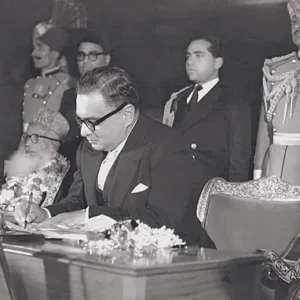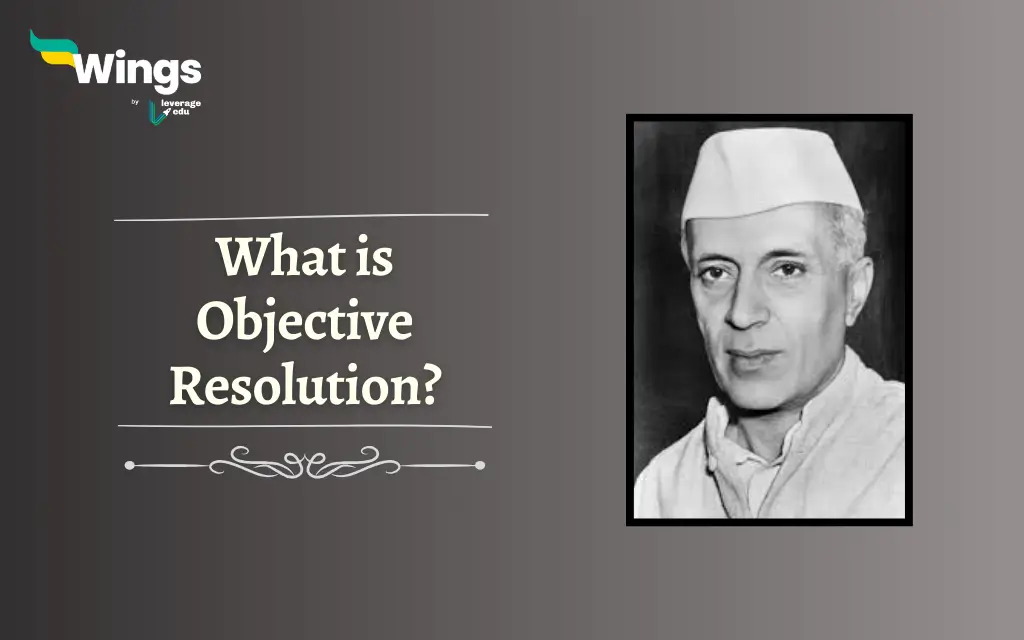
STEPS TOWARDS AN ISLAMIC REPUBLIC OF PAKISTAN
BACKGROUND:
After partition of India in the year 1947, the Government of India Act 1935was adopted, with necessary amendments, as the interim constitution of the newly established state of Pakistan. But this was just a temporary arrangement and a permanent constitution was urgently required. The Muslim masses had reposed trust it the Muslim League mainly because the party was committed to establishing a state based on the principles of Islam.
But unfortunately, a strong group of the members of the Constituent Assembly wanted to model Pakistan on western lines, disregarding our cultural and religious values and norms. The Quaid-e-Azam repeated it time and again that the future constitution of Pakistan shall be framed on the basis of the principles laid down in the Holy Quran and the Sunnah.
Eminent Ulama joined hands to motivate public opinion in favour of an Islamic constitution, people rallied around them in great numbers and this campaign soon developed into a massive popular movement. It was under these circumstances that the Constituent Assembly adopted the famous ‘Objectives Resolution’ on March 12, 1949. The resolution was moved in the Assembly by the first Prime Minister Nawabzadah Liaquat Ali khan.
The Objectives Resolution
SALIENT FEATURES:
Sovereignty of Allah:
The Resolution affirms that the sovereign (ruling) authority belongs to Almighty Allah Alone.
Democracy:
Power to rule the state has been delegated by Allah to the people of Pakistan, it is a “sacred trust” and the people of Pakistan shall exercise their authority strictly in accordance with divine injunctions. Power of the state shall be exercised through the chosen representatives of the people.
Islamic Conduct of State:
Islamic principles of democracy, freedom, tolerance and social Justice shall be observed.
Promotion of Islamic Way of Life:
The state will enable the Muslims to model their lives in accordance with the teachings of the Quran and Sunnah (i.e the model set by Hazrat Muhammad Rasool Ullah (P.B.U.H).
Safeguard of Minority Rights:
The non-Muslim will be guaranteed all fundamental human rights. Particularly the rights of their religious and cultural development.
Independence of Judiciary:
In accordance with the Islamic principles the judiciary shall be made totally independent of the executive and the legislative organs of government.
Safeguards of Fundamental Human Rights:
All Fundamental rights of the citizens like freedom, equality, ownership of property, freedom of expression, faith, worship and formation of associations shall be safeguarded and no citizens shall be denied any of these rights.
SIGNIFICANANCE AND IMPACTS OF THE OBJECTIVES RESOLUTION
- It clearly stated that Pakistan shall be an Islamic Republic.
- Under the Objectives Resolution the state of Pakistan, for the first time, officially proclaimed Islamic social order to be its ultimate objective, and it clearly stated that Islamic injunctions shall serve as guiding principles for constitution making.
- The objectives Resolution exhibited national consensus and it was endorsed by the Ulama form all schools of thought.
- The Resolution was made a part of the preamble in all the successive constitutions of Pakistan.
- Preambles are not, generally, justifiable parts of the constitutional documents, being recommendatory in nature these are not legally binding and cannot be invoked before the courts of law. In order to give the Objectives Resolution a legal status it was made a part of the text of the constitution under eighth amendment.
Islamic Provisions of the 1956 Constitution
Sovereignty of Allah:
The Objectives Resolution was incorporated in the Preamble of the Constitution. The Preamble said that the sovereign authority of the Universe belongs to Almighty Allah. Power to rule the state is a sacred trust entrusted to the people of Pakistan by Allah Almighty.
Islamic Republic:
For the first time the state was proclaimed an Islamic Republic and it was given the name of the Islamic Republic of Pakistan.
Muslim Head of the State:
Under the Constitution only a Muslim could be elected as president of the Islamic Republic of Pakistan.
Democracy, Justice, Liberty, and Equality:
The Preamble said that the Quaid-e-Azam envisioned Pakistan as a democratic state based on the Islamic principles of social justices, liberty, and equality. The state of Pakistan shall enable its citizens to model their lives in accordance with the tenets of Islam.



